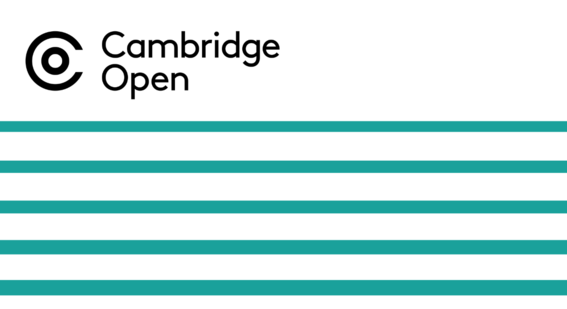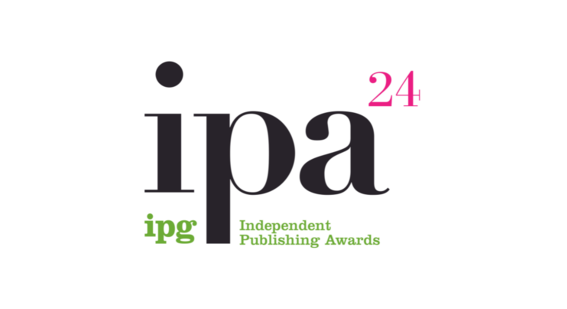News and Events

Publishing consultancy firm Delta Think recently presented (July 2024) preliminary results on volumes of journal output for 2023. The findings suggested that despite open access (OA) output growing in 2023, its share dropped vs overall output (48% in 2023 vs 49% in 2022).
These findings contrast with our experience; over the past seven years we have seen a steady increase in our open access publishing, from 7% in 2017 up to 64% last year (2023).
At Cambridge we believe in the benefits of open access. Our approach to open access has been informed by being a university press and working to convert the vast majority of our output to open access is aligned to our mission to support excellence in research globally. We support all authors in accessing the potential reach and impact of open research.
The benefits for authors and their research of open access publishing are clear. We see from our data, that publishing open access leads to substantially more usage (3.5x more vs non-OA), higher rates of citation (1.6x vs non-OA), plus more media attention for that research.
This level of open access growth is also reflected in data from other academic publishers; Oxford University Press’s annual report for 2023/24 states, “We published more than 27,000 open access journal articles in 2023, a 24 per cent increase on 2022.”, whilst in Springer Nature’s Annual Progress Report (2023), they stated that, “Around 44% of our primary research articles were published OA in 2023, up from 38% in 2022, and our market share grew.”
Across the market, the proportion of open access within hybrid journals remains low at approximately 20% on average across the top 20 global publishers. This indicates that there is still significant work to be done by publishers to transition existing hybrid journal portfolios to open access. However, publishers are making progress with the share of open access publishing within hybrid and subscription journals increasing in 2023 to 20% from 15% in 2022, a 33% increase (data from Dimensions).
“Not only does the data of high-quality publishers show that the shift to OA is continuing but it is a progression that we should actively be encouraging because of the benefits to research.”
-Mandy Hill,
Managing Director, Cambridge University Press
There are still concerns that whilst increasing equity for readers, open access has the potential to create a new set of barriers and inequity for authors who don’t have funds to pay to publish. The academic community must work together to help reduce the barriers to publish and help research realise the full benefits of open access. Launched in July 2023, the Cambridge Open Equity Initiative is one way of tackling this. Now more than a year in, the initiative has supported the OA publication of over 160 articles from authors in low- and middle-income countries, typically unable to access funding for open access.
Without cross-stakeholder collaboration, finding solutions for the necessary changes will only prolong and exacerbate the existing barriers and issues. We believe such collaboration will help fuel the rate and level of change, and bring sustainable, beneficial change for the academic communities we serve.
Mandy Hill, Managing Director of Cambridge University Press, comments, “Not only does the data of high-quality publishers show that the shift to OA is continuing but it is a progression that we should actively be encouraging because of the benefits to research.”


